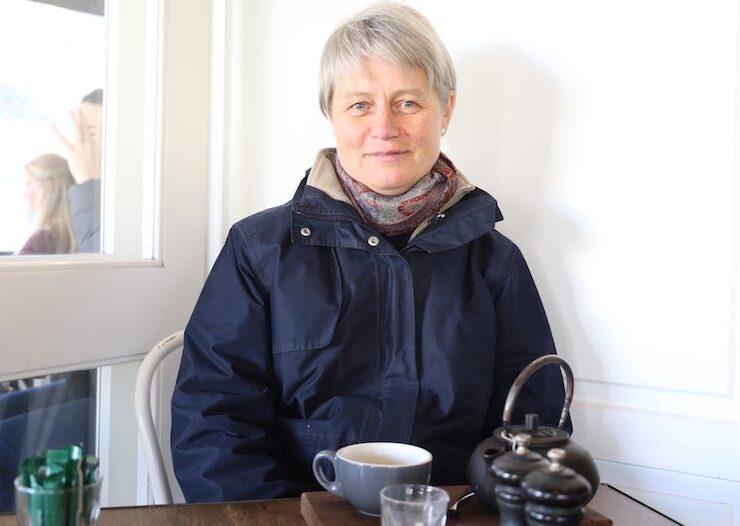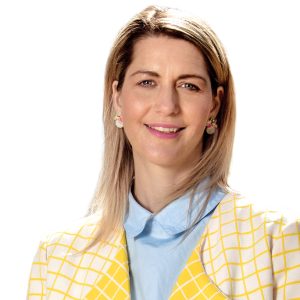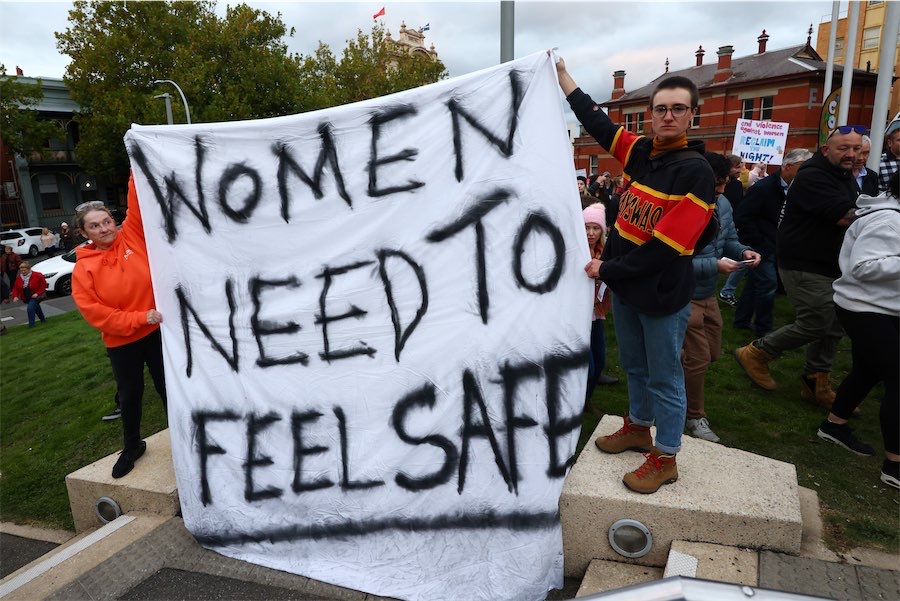
WE will all die eventually, yet few of us are happy to talk about it; and, according to one intensive-care specialist, that avoidance is doing us harm.
Prof Imogen Mitchell spends every day supporting people who are dying as the senior intensive-care specialist at Canberra Hospital.
Prof Mitchell, who is also dean of medicine at the Australian National University’s medical school, said we need to talk more about death, and acknowledge that it is inevitable.
“It’s something we are blocking out and don’t want to talk about,” said Prof Mitchell.
“No one wants to die in a busy and noisy emergency room with other patients when you could have had a much more peaceful dying journey if planned in advance.
“We need to be brave and courageous and start talking about what we want our dying days to look like.”
Prof Mitchell’s comments come on the back of a recent national study she authored revealing that most hospital patients die without suitable end-of-life care.
The study, which examined care in the ward and intensive care units (ICU) across nine Australian hospitals, found only 41 per cent of dying patients will ever see a member of the palliative care team.
Most patients were recognised as dying only late in their hospital stay, predominantly within the last 48 hours, and only 12 per cent had an advanced care plan, which outlines their wishes for when they die.
What’s clear from this study, Prof Mitchell said, is that very few of us understand the dying process and what it involves.
“We often don’t know what the patients or the families are thinking, are the patients getting adequate relief of symptoms, are they getting pain relief and indeed are they even dying in the right place?” said Prof Mitchell.
The study which followed 1693 dying patients, also showed that while most of us want to die at home, many of us won’t get the chance.
Having a good plan for a good death is important, but too often talking about death is put off until the final weeks or days of a person’s life.
“It’s really important to know what kind of interventions a person would like should they get to a point where they are critically unwell; do they want intravenous antibiotics? Do they want to be fully resuscitated and have CPR? Do they want to go to ICU?” said Prof Mitchell.
“It’s also important to think about who you want to be surrounded by, what music you want playing, what pets you want or what favourite blanket you want with you, all the things that matter to people.”
With no advanced care plans or early end-of-life care conversations, families are often left to make decisions when patients are too confused or physically unable to communicate meaningfully.
Sadly, Prof Mitchell talks to many families who are unaware of their loved one’s wishes and, even worse, of just how unwell their loved one is.
“Frequently when I review imminently dying patients in the ward environment, it feels as if it is the first time they are being told they are dying,” Prof Mitchell said.
“Decisions to involve palliative care or initiate a comfort-care pathway are often left very late, often in the last 48 hours of life.”
Researchers found a range of factors contribute to suboptimal end-of-life care, including failure to identify patients in their last months of life, failure to link medical teams and sub-standard communication with patients and families.
“I remember a young man in his early twenties who was dying and I became aware that being in ICU wasn’t going to help him so I asked him what he wanted and he wanted to go home to be with his brother,” Prof Mitchell said.
“No-one had asked him what he wanted or where he wanted to go and, thankfully, we were able to honour his wish.”
Prof Mitchell graduated from University of London and undertook her physician’s training in the UK before moving to Australia to complete her specialist training in intensive care.
Moving to Canberra in 1999, she took up the directorship of ICU at the Canberra Hospital.
Prof Mitchell, who has practised medicine for three decades, said people facing their last days, and their families, are often in a very fragile and emotional state.
Dealing with people confronting their final moments involves empathy, dedication and skill; it takes a special kind of person to help them through their journey.
“It’s a privilege to be allowed into people’s lives,” Prof Mitchell said.
“Sometimes I think we don’t appreciate that enough or the trust that people place in us.”
Who can be trusted?
In a world of spin and confusion, there’s never been a more important time to support independent journalism in Canberra.
If you trust our work online and want to enforce the power of independent voices, I invite you to make a small contribution.
Every dollar of support is invested back into our journalism to help keep citynews.com.au strong and free.
Thank you,
Ian Meikle, editor





Leave a Reply